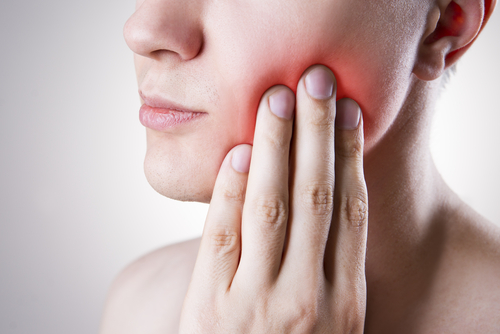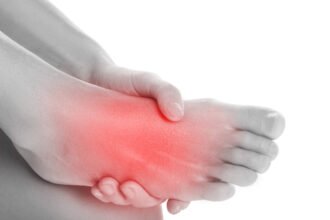One of my friends used to grind his teeth regularly. Fortunately, the dentist told him how serious of a problem it was. Grinding your teeth is not an uncommon habit. Most people will grind their teeth from time to time, whether consciously or not. A lot of people grind even more regularly. The American Sleep Foundation reports that 8% of Americans grind their teeth every night. A third of parents report their chlidren do the same. But making this a regular habit can be incredibly harmful.
Understanding the Risks of Bruxism
We spoke with some experts from The Smilist Dental in Commack who were kind enough to provide us with some important information about teeth grinding. Teeth grinding, also known as bruxism, can lead to long-term dental problems that are not easily solved. Occassional bruxism is not uncommon. Texas A&M University reports that 20% of the population does it occasionally. However, the risks of the following problems become greater if you do it frequently. What does it do? Occasionally grinding your teeth is not normally going to do anything terribly harmful. The real damage comes when you grind your teeth regularly. Some issues that can come of bruxism include:
- TMJ syndrome: TMJ syndrome is a regular pain or locking in the jaw. The joint that connects the bottom jaw to the skull gets worn out through frequent grinding, leaving sufferers with chronic pain.
- Headache: Headaches are another common result of bruxism. The amount of work that your jaw is doing through grinding can put tension on your jaw and neck, resulting in headache.
- Broken Teeth: Unfortunately, when you grind your teeth, your teeth are placed under an intense amount of pressure. Over time, this intense amount of pressure can crack and break your teeth. If you have had any dental work or need any, the weaker areas of your molars will be more at risk of damage.
- Dental wear: Your teeth will also get worn down the more that you grind your teeth, damaging your precious dental enamel and putting you at a higher risk of decay and other dental issues.
- Tooth pain: Even if you have not broken any teeth, the amount of pressure that your teeth are under can irritate the nerves of your teeth, leaving you in pain.
How can you prevent it? In order to know how you can prevent bruxism, we must take a look at what can cause it. Many things can cause it, including:
- Misaligned teeth
- Stress
- Alcohol
- Anxiety
- Smoking
- Sleep issues
- Heredity
- Trauma
- Drugs
- Other conditions
Some of these causes are easily avoided or prevented, while others are not. If you suffer from sleep apnea, for example, you cannot just force yourself to sleep better. Measures would have to be taken to help your condition rather than trying to stop the grinding. How do I know? Since most people who grind their teeth do it in their sleep, it can be difficult to know for sure whether you are doing it. Most of the time, a loved one is the best source of information, because of the sound that grinding makes. If that is not a feasible way to figure it out, you might notice symptoms, just as dental pain, headaches, or even a sore jaw in the morning. Your dentist might also be able to alert you to it if your teeth are showing signs of wear or if your jaw muscles are noticeably strong. What to do? If it does seem like you are grinding your teeth, there are a couple of steps that you might be able to take to help it. If you have sleep apnea, you will need to consult with your physician or sleep specialist to help you determine what the best course of treatment is. If it is due to stress or another issue, you will likely benefit the most from a night guard. A night guard is a custom-fitted device that you will wear over your upper teeth while you are sleeping. They provide a large cushion between your teeth, giving both your upper and lower jaws plenty of room to eliminate the risk of grinding. If you do wind up grinding regardless, your teeth will be well-cushioned so as to not do any kind of damage. If you are concerned that you might have bruxism, schedule an appointment with your dentist right away. The sooner that you address the issue, the sooner it can be sorted out.
Don’t Let Bruxism Ruin Your Life
Grinding your teeth can be a serious problem. However, the problems can be minimized if you recognize the signs and stop doing it. Be aware of the risks listed above and take all possible precautions to avoid grinding your teeth.








